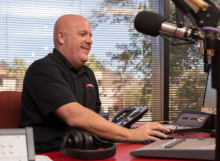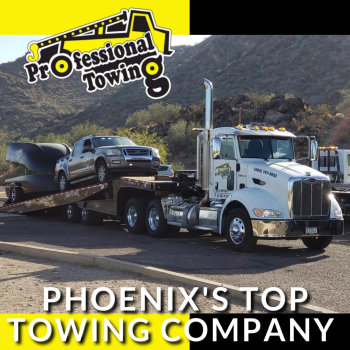How do plug-in hybrids save money? After doing the math, you will know whether it fits your budget and lifestyle.
Plug-in hybrids save money on fuel by operating on both electricity and gasoline and by saving energy. Like regular hybrids, plug-in hybrids use both a gasoline engine and an electric motor but have a higher-capacity battery to store electricity. They take advantage of electricity's low cost and the electric motor's energy efficiency but retain the convenience of gasoline's widespread availability and quick refueling. Plug-in hybrids also save energy through regenerative braking, which recovers much of the energy typically lost when you apply the brakes. Regenerative braking slows the vehicle by converting its momentum into electricity, and stores the electricity in the vehicle's battery. Plug-in hybrids also save fuel by using a start-stop system that saves fuel by turning off the engine when it would otherwise be idling, and starting it automatically when the accelerator is pressed, such as at a traffic light.
The big advantage of a plug-in hybrid is that you can plug it in to re-charge the battery. It's much cheaper to run your vehicle on electricity from your outlet than on gasoline. Based on typical average rates, operating a plug-in on electricity costs less than half as much as it would on gasoline.
Plug-in hybrids have a larger battery than a regular hybrid so you can use more electricity and less gas. When the electricity runs out, it operates just like a regular hybrid. You don't have to plug it in to drive it, but re-charging it whenever you can will maximize your fuel savings.
A plug-in hybrid's motor is also more powerful than a regular hybrid's, so the plug-in hybrid can be driven in electric-only mode at higher speeds, not just during low speed driving.
If you're considering a plug-in hybrid, it's important to understand that all plug-ins are not alike. Some have batteries that hold more electricity than others, and some can go farther on electricity without using any gasoline. Since using electricity instead of gasoline is key to saving money with a plug-in hybrid, your driving habits, especially the distance you drive between re-charging the battery, can have a big effect on your fuel bill.
With all of these factors affecting electricity use, it can be difficult to estimate how much fuelling a hybrid will cost you. So, check it out and see if a plug-in hybrid could be right for you!
Thursday, 08 June 2017 11:28
Video: How Hybrid Electric Cars Save You Money
Published in
Latest News From Bumper to Bumper Radio





















